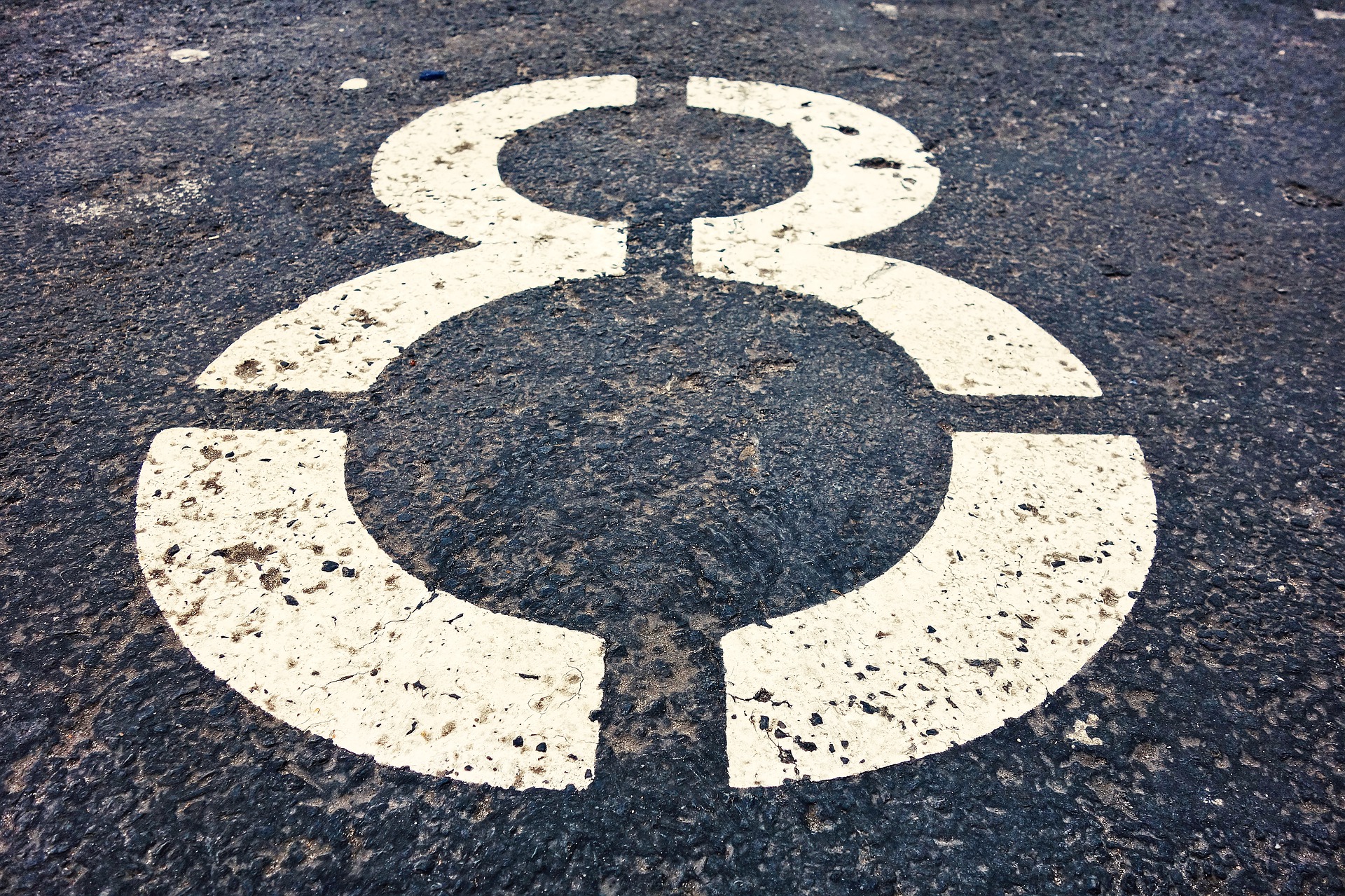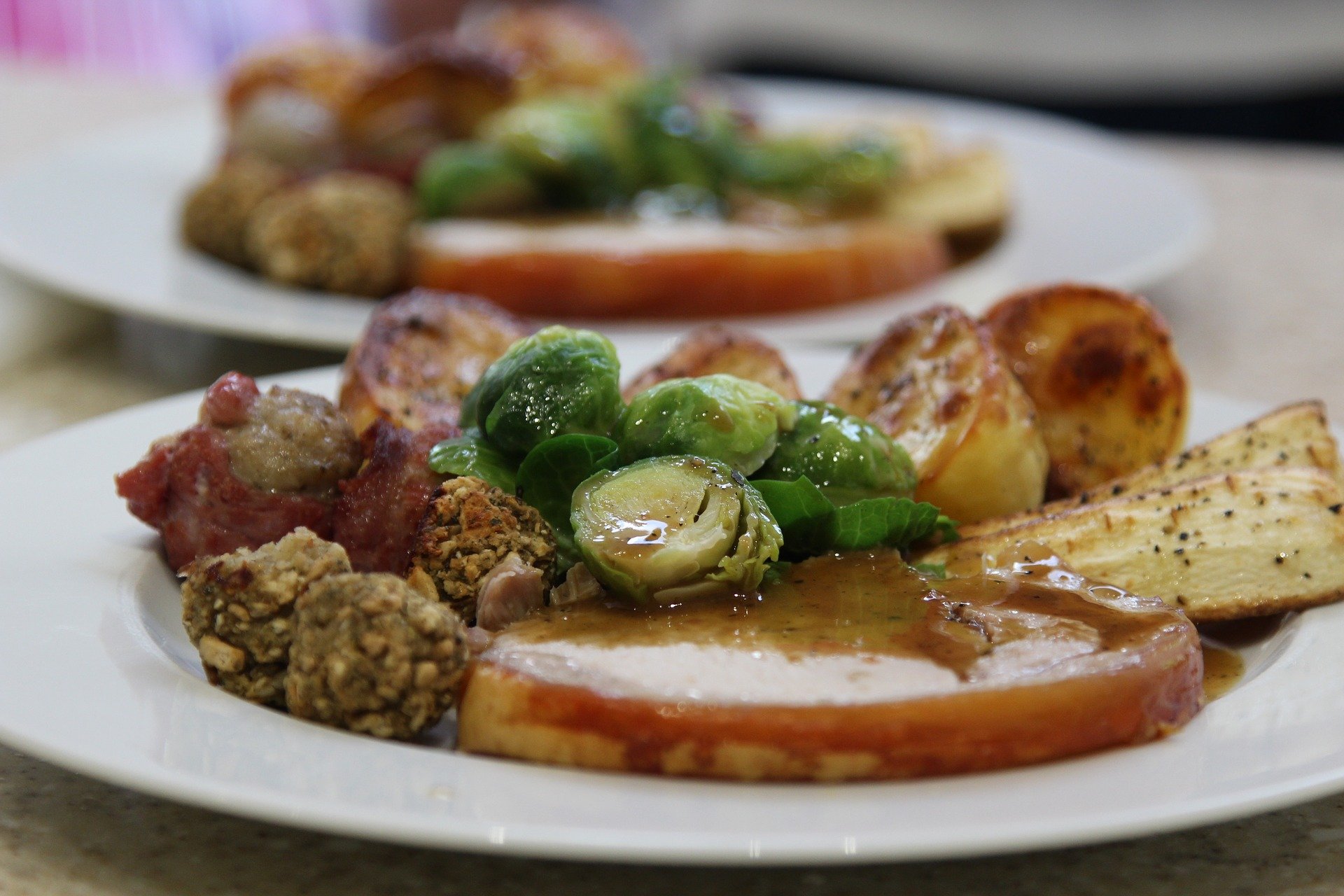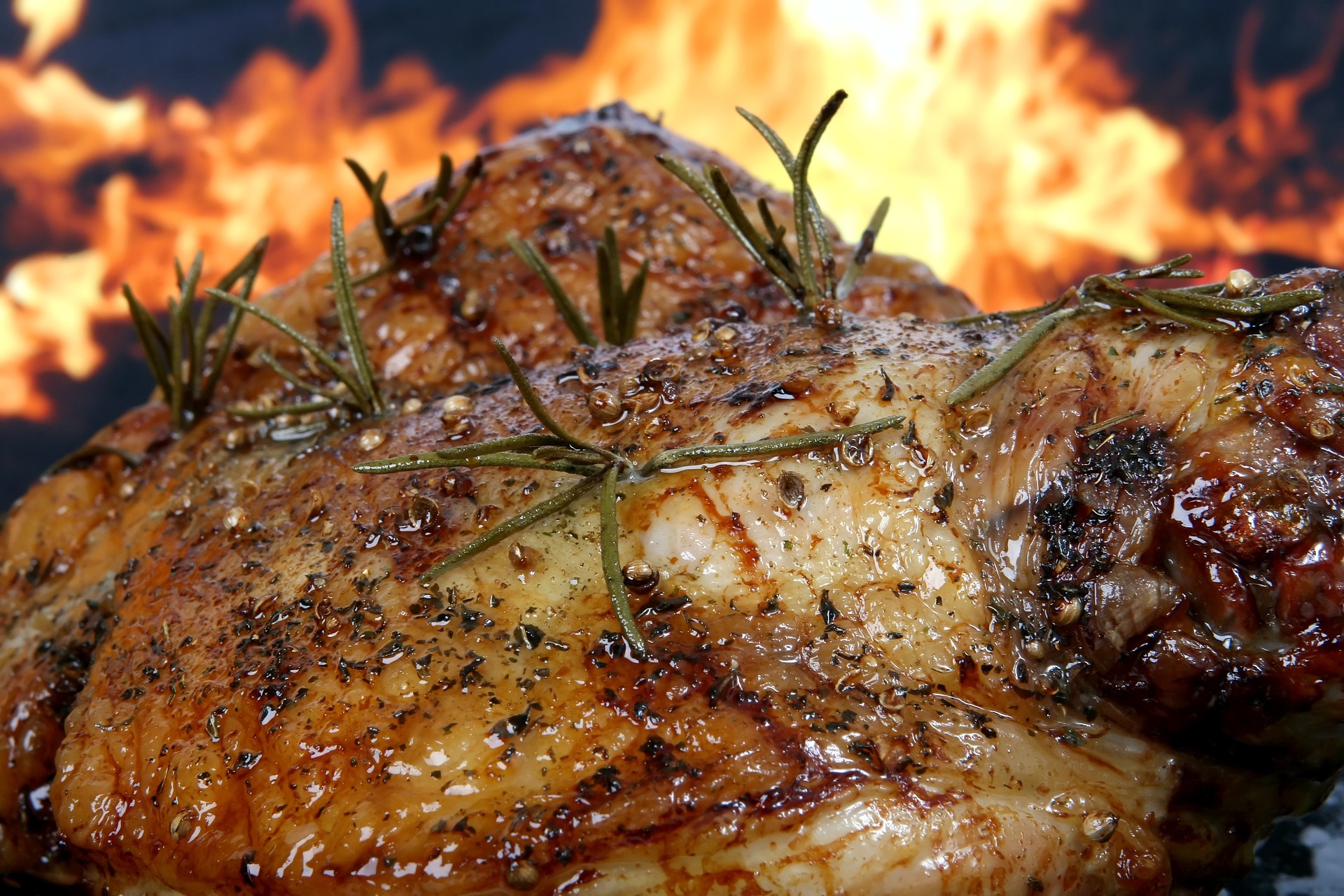Today marks the 8-month anniversary since my gastric bypass surgery, so I thought I’d give a quick update.
Since surgery I’ve lost a total of 41 kg so far – that’s nearly 6 and a half stones, or 90 lbs. I’m delighted with the progress so far, and am continuing to lose weight – albeit more slowly than in the first 6 months.
My BMI has also dropped below 35, so I’m officially not ‘morbidly’ obese any more!
Food
I’m eating normally now, and there aren’t any foods that I can’t tolerate. I’ve also not experienced dumping at all. I asked the dietician about it, and she said that I’d definitely know if I had it. So I guess I’m lucky to avoid it.
My tolerance for all foods means that I have to be careful not to slip into old habits and buy lots of sugary and fatty treats. I physically can’t consume as much food as I used to – because of my smaller stomach – but I’m sure I could do a lot of damage to my weight loss if I’m not careful.
I’m currently not tracking what I eat, which is potentially risky, but I want to see if I can make my eating more normal – without the obsessive tracking of calories and protein. I want to get used to the ‘new normal’ of eating.
Clothes
My clothing sizes have definitely dropped. My jeans have gone down from a 42 inch waist to 36 inches, and my shirts have gone from 4XL to 2XL. So I’m finally able to dip into the half of the wardrobe that previously held the ‘too small’ clothes. I have some items that have never been worn and still have the tags on them, so it’s like going on a shopping trip, but everything is free!
Exercise
As I’ve talked about before, I’m trying to exercise at least once a day. Not just for my physical fitness, but for my mental health as well. I’ve found that a walk or cycle is a great way to clear the head, and earn some Active Zone Minutes on my Fitbit!
I also had an appointment a couple of weeks ago with an Exercise Physiologist at Medfit Proactive Healthcare to get assessed for some strength training to help with my upper body strength and condition. I wanted to work with a specialist who has good experience of obese people and bariatric patients in particular, as I’ve had a bad experience with a personal trainer in the past who didn’t make any allowance for my body size and weaknesses.
Anyway, I now have an exercise plan to do at home, until the gyms open at least. Although I’m having trouble finding somewhere that sells dumb-bells, as they seem to be sold out everywhere!







3 Comments